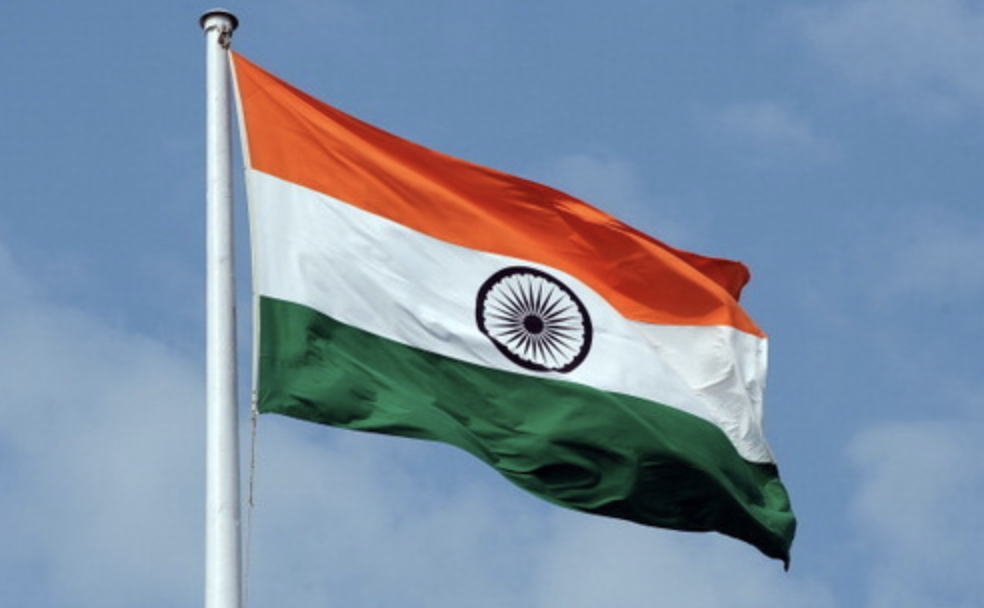India: end communications blockade in Jammu and Kashmir
London, 14 August 2019 – On 5 August 2019, the Indian government voted to revoke the special autonomous status provided to Jammu and Kashmir under Article 370 of India’s Constitution, and to split the province into two separate federally-governed territories. In anticipation of unrest, the national government implemented sweeping restrictions on the freedom of movement, banning public meetings, as well as imposing a shut down on internet and telephone services. Press freedom organisations, such as the Committee to Protect Journalists (CPJ), have documented the restrictions placed on journalists attempting to cover the unfolding situation in the region.
PEN Delhi Statement on Jammu and Kashmir Communication Blockade which is Preventing Journalists from Doing Their Duty
PEN Delhi condemns the Indian government’s communication blockade in Jammu and Kashmir which is preventing journalists from doing their duty. It demands that the Indian government institute an enabling environment for a free press in all parts of Jammu and Kashmir by relaxing curbs on the movement of print, photo and video journalists and by taking strict measures to prevent violence against journalists as well as the confiscation of equipment used by them. We note with concern the reports that journalists in Kashmir have been “thrashed” by the police. We urge the government to act with all speed to restore internet and telecommunication services in Kashmir so that information is freely available and the prevailing fear and anxiety are allayed. People have a right to know how decisions that affect their future and the future of the country are playing out, just as journalists in Jammu and Kashmir have the right to fulfil the duty of a free press, guaranteed by Article 19 of the Constitution of India.
PEN Delhi's statement was originally published here.

